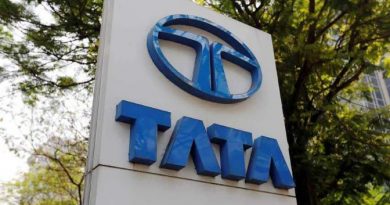Gross metering likely to be pushed to boost rooftop segment
 copyright :iamrenew.com
copyright :iamrenew.com
There is no denying the fact that under the stewardship of Narendra Modi government, the renewable sector has got a major boost since 2014. And today, India is a shining dot on the global renewable radar which is slated to become bigger and more illuminating in the coming years. However, there is one specific segment which has failed to respond to the government and other concerned stakeholders’ aspiration – rooftop. At the end of the current fiscal, India’s solar capacity is estimated to exceed 20GW but out of this the contribution from the rooftop segment would be less than 2 GW. Considering the gigantic target which the government has set – 40GW from rooftop segment out of 100GW of solar capacity by 2022 – the present capacity base is clearly not an encouraging signal.
Stakeholders are pointing at some serious structural flaws especially pertaining to the grid connectivity issue of the power generated through rooftop panels. Net metering especially is looked upon as a major bottleneck which is holding back any serious momentum building in the rooftop segment. Adopted by nearly 25 states, net metering entails the producer of rooftop power exporting the surplus generation to the grid which pays the producer on the basis of cost of production. However, with the dramatic fall in the solar tariff in the recent years (averaging below Rs 3/per unit now), discoms saddled with huge financial losses of the past, are showing reluctance to buy power from rooftop operators at a much higher rate. In some states, the price for the power contributed by rooftop operators to the grid is as high as around Rs 8/unit. “ We know that when it comes to the rooftop business, we have not been able to put in place a win,win mechanism. And this will have to be changed drastically if rooftop has to take off,” admitted a senior official of the Ministry of New and Renewable Energy (MNRE) in a recent brief chat with this correspondent. The official did not wish to be named.
To clear the present logjam, the ministry is now planning to push gross metering ( the private producer puts the entire production in the grid and discoms can get into a long-term pricing agreement with them much aligned to the tariff structure in the marketplace). “ We are seriously looking at making the grid connectivity aspect of the rooftop business viable for every stakeholder in the value chain. And here gross metering could be a better alternative. We are even contemplating coming out with a dedicated policy on rooftop energy which may put more emphasis on gross metering,” the official said without divulging any further details.
Analysts too believe that gross metering could be a more effective tool to boost rooftop segment. “ Gross metering provision can certainly help in overcoming the present discom resistance. It is a popular model in many matured economies wherein discoms have the leeway to set the tariff at the grid. In India too it can deliver better results,” says Vinay Rustagi, CEO, Bridge to India – a dedicated research agency to keep a tab on trends in the solar business.
Published on: Mar 19, 2018
![]()




